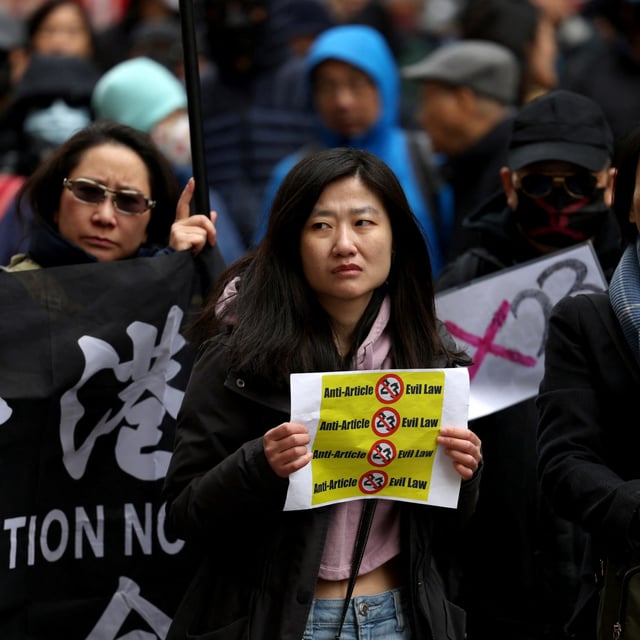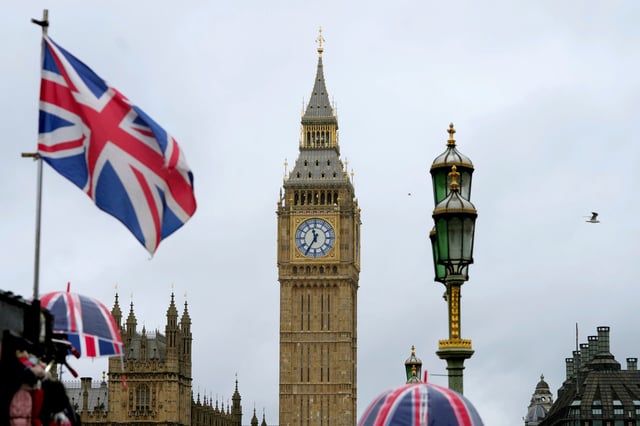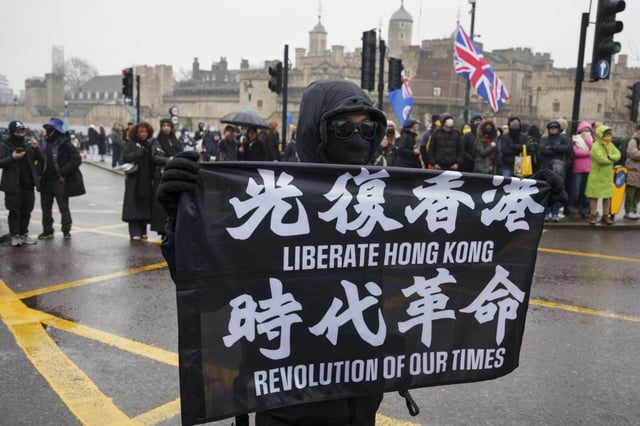Overview
- The statutory instrument introduced on July 17 removes Hong Kong’s designation under the Extradition Act 2003 and establishes a case-by-case extradition route alongside Zimbabwe and Chile.
- MPs debated the amendment on July 24 and 25 and are scheduled to vote on the order when Parliament returns after its summer recess.
- The government argues the change formalizes the 1997 treaty suspension and preserves judicial safeguards to reject politically motivated or human rights–based extradition requests.
- Opposition figures such as Alicia Kearns and legal expert Hugo Keith KC warn the amendment creates a backdoor that could expose Hong Kong dissidents in the UK to politically driven extraditions.
- The amendment aligns with Labour’s strategy to reset relations with China for diplomatic and trade engagement, prompting criticism over balancing these goals with human rights commitments.



